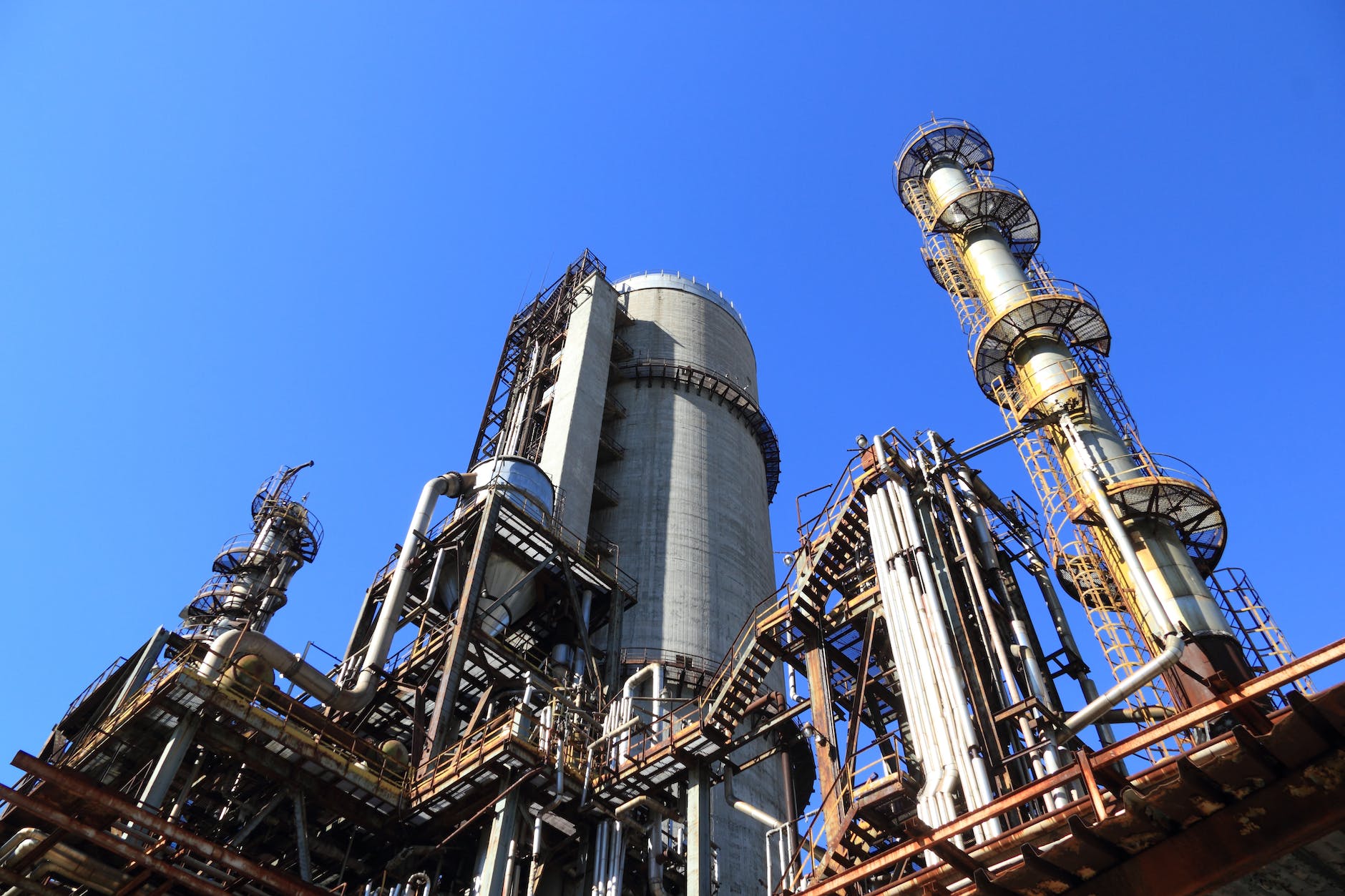
Safety Officer Interview Questions and Answers in Power Plant
Safety Officer Interview Questions and Answers in Power Plant : In today’s competitive job market, landing a position as a safety officer in a power plant requires more than just the right qualifications on paper. To succeed, you must also ace the interview process. Safety officers play a crucial role in ensuring the well-being of both plant personnel and the environment. To help you prepare for your safety officer interview in a power plant, we have compiled a comprehensive list of interview questions and expertly crafted answers that will set you apart from the competition.
Introduction
Safety is paramount in the operation of power plants. As a safety officer, your role is pivotal in preventing accidents, ensuring regulatory compliance, and safeguarding the lives of plant workers. To help you excel in your safety officer interview, we’ve categorized the questions into various sections, including common questions, technical queries, behavioral assessments, regulatory knowledge, and soft skills.
Why Safety in Power Plants Matters
Safety in power plants is not just a regulatory requirement; it’s a moral obligation. Power plants deal with high voltage electricity, machinery, and hazardous materials, making them inherently risky environments. Ensuring safety not only prevents accidents but also maintains uninterrupted power supply and protects the environment.
Common Safety Officer Interview Questions
3.1. What motivated you to become a safety officer in a power plant?
I’ve always had a strong commitment to ensuring the safety of individuals and the environment. Power plants present unique challenges, and I wanted to be part of a team that mitigates these risks and ensures that every worker goes home safely.
3.2. Can you explain the importance of safety protocols in a power plant?
Safety protocols in power plants are critical for preventing accidents, minimizing downtime, and adhering to legal requirements. They are the backbone of a safe and efficient power generation process.
3.3. How do you stay updated on the latest safety regulations in the power industry?
I stay updated by regularly attending safety seminars, reading industry journals, and participating in online forums. Continuous learning is essential to keep abreast of evolving safety standards.
Technical Questions for Safety Officers
4.1. What are the key hazards associated with power plant operations, and how do you mitigate them?
Power plant hazards can include electrical shock, chemical exposure, and machinery accidents. Mitigation involves rigorous training, regular inspections, and strict adherence to safety procedures.
4.2. Describe your experience with conducting safety audits and inspections.
I have extensive experience conducting safety audits and inspections. These assessments identify potential hazards and compliance issues, allowing us to proactively address them.
4.3. How would you handle a situation where a worker refuses to follow safety procedures?
I would engage in a conversation to understand their concerns. If necessary, I would involve their supervisor and provide additional training to ensure they understand the importance of safety procedures.
Behavioral Questions for Safety Officers
5.1. Can you provide an example of a challenging safety incident you successfully managed in the past?
Certainly. In a previous role, we faced a situation where a critical safety component failed. I led the response team, ensured the plant was shut down safely, and oversaw the replacement process, preventing a potential disaster.
5.2. How do you prioritize safety when there’s pressure to meet production targets?
Safety should never be compromised for production goals. I would communicate with management to find a balance that ensures both safety and production targets are met.
5.3. Describe a situation where you had to communicate safety concerns effectively to a team.
In one instance, I noticed a recurring safety issue during team meetings. I used data and real-life examples to illustrate the risks, and we collectively developed solutions to address the concerns.
Regulatory Knowledge Assessment
6.1. What are the key regulations governing safety in power plants, and how do they impact your role as a safety officer?
Key regulations include OSHA standards, EPA guidelines, and industry-specific safety protocols. These regulations shape my role by setting the minimum safety standards and expectations for compliance.
6.2. How do you ensure compliance with environmental safety standards in a power plant?
I ensure compliance by conducting regular environmental assessments, monitoring emissions, and implementing pollution control measures. Compliance is non-negotiable when it comes to protecting the environment.
Soft Skills and Interpersonal Questions
7.1. How do you build a positive safety culture within a power plant’s workforce?
Building a positive safety culture involves leading by example, fostering open communication, and recognizing and rewarding safe behavior. It’s about creating an environment where safety is everyone’s responsibility.
7.2. What strategies do you employ to gain the trust and cooperation of your colleagues in promoting safety?
I build trust by being approachable, listening to concerns, and involving colleagues in safety initiatives. Collaboration and mutual respect are key to gaining their cooperation.
Safety Officer Interview Questions and Answers in Oil and Gas
Safety Officer Interview Questions and Answers in Construction
Safety Officer Interview Questions and Answers in Hindustan Petroleum
Safety Officer Interview Questions and Answers in TATA Steel
Safety Officer Interview Questions and Answers in Reliance Industry
Conclusion
Safety officers in power plants play a pivotal role in safeguarding lives and ensuring the smooth operation of these critical facilities. Preparing for your safety officer interview with these questions and answers will not only showcase your expertise but also your dedication to safety.

























I liked the understandable explanation about the role of Safety Officer in a Power Plant industry. Again, an additional knowledge gained in me on this subject matter. Thank you!